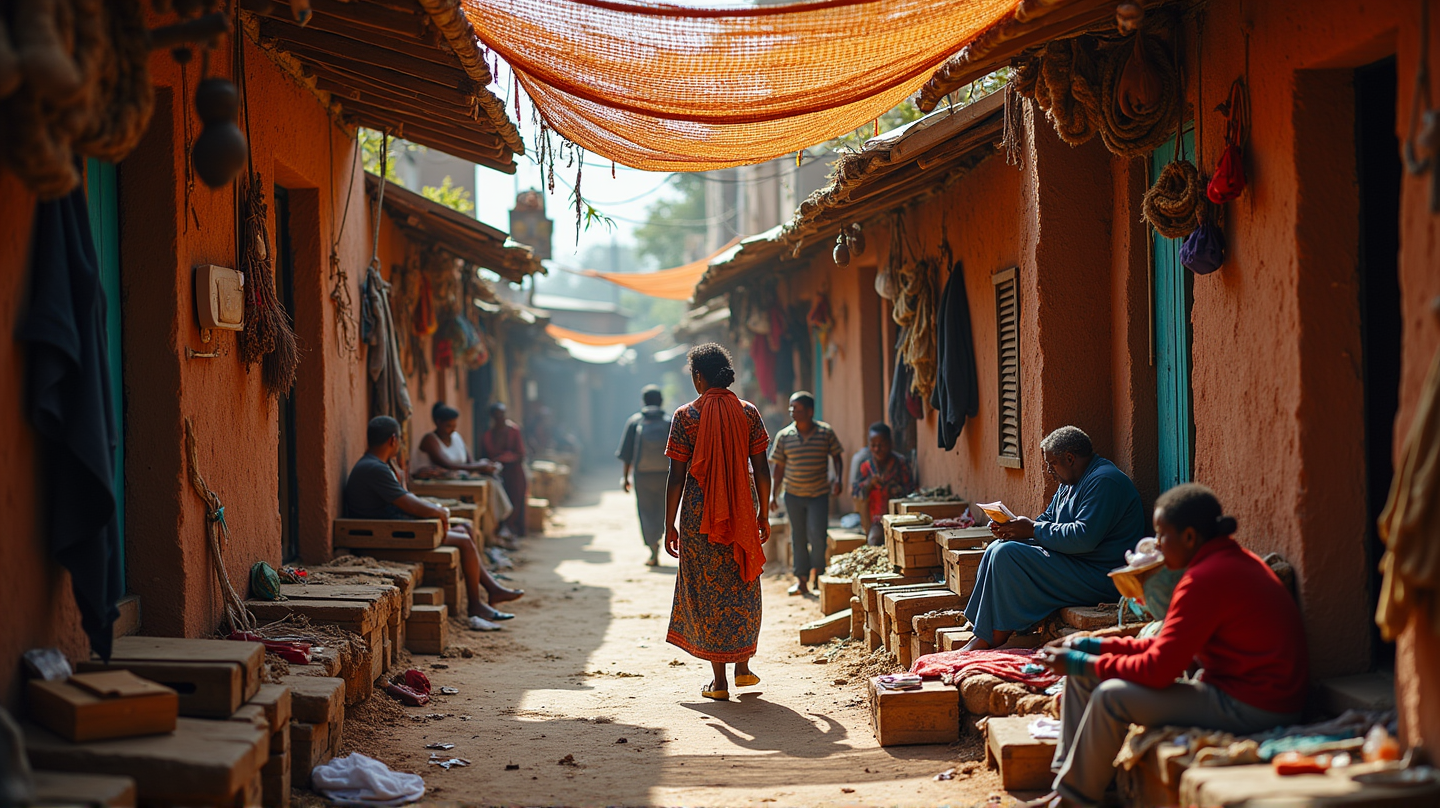In an era where innovation extends beyond high-tech gadgets, small businesses in the Global South are charting a new path that brilliantly combines traditional know-how with modern traceability tools. These innovative practices are not just about compliance; they are reforming market access, aiding environmental conservation, and empowering local economies.
Tradition Meets Innovation
The journey begins in Addis Ababa, where under the keen eyes of Ethiopian and Indian researchers, traditional leather tanning methods are being revolutionized. By replacing harmful chemicals with enzyme-based solutions, they are not only creating eco-friendlier products but also positioning these goods for the global stage. According to UN Trade and Development (UNCTAD), these initiatives enliven trade avenues and reduce the industry’s environmental footprint significantly.
Meanwhile, spanning across Pakistan to Bangladesh, the journey of every hide is meticulously documented. This digital logging system is more than mere record-keeping; it’s a powerful assertion of quality and sustainability, satisfying the stringent requirements of high-value global markets.
Empowering Sustainability
In Bangladesh, compliance proves crucial as the leather industry gears up for the nation’s transition from the United Nations list of least developed countries. The compliance aspect is critical to unleashing the full potential of Bangladesh’s leather industry, which significantly contributes to global demand.
The textile sector in Pakistan is also joining this sustainable revolution. By using digital platforms to connect post-industrial textile waste with recyclers, the industry is fostering circular production—turning waste into a valuable resource and helping meet demanding international standards.
Creating Economic Pathways
In Nigeria, community-run hubs are leveraging mobile technology to manage plastic waste. These hubs, predominantly operated by women and youth, are redefining waste as an economic opportunity. By contributing data to national policies, they are not only boosting incomes but also strengthening labor rights in the informal economy.
Towards an Inclusive Future
As the Global South harnesses digital transparency to claim premium export markets, the focus remains on inclusive, equitable supply chains. Innovation is not merely altering economic landscapes, but it also underscores an essential link between sustainable trade and environmental stewardship.
These themes of change and potential will further resonate in the upcoming 16th United Nations Conference on Trade and Development (UNCTAD16) in Geneva. Discussions will center around shaping an equitable and sustainable economic future, emphasizing the importance of circular and biodiversity-centric economies.
Through these pioneering efforts in traceability and sustainability, the Global South is showing the world a novel way to thrive, proving that the path to global competitiveness encompasses more than just price—it’s about proving how sustainability is woven into every fabric of trade.
